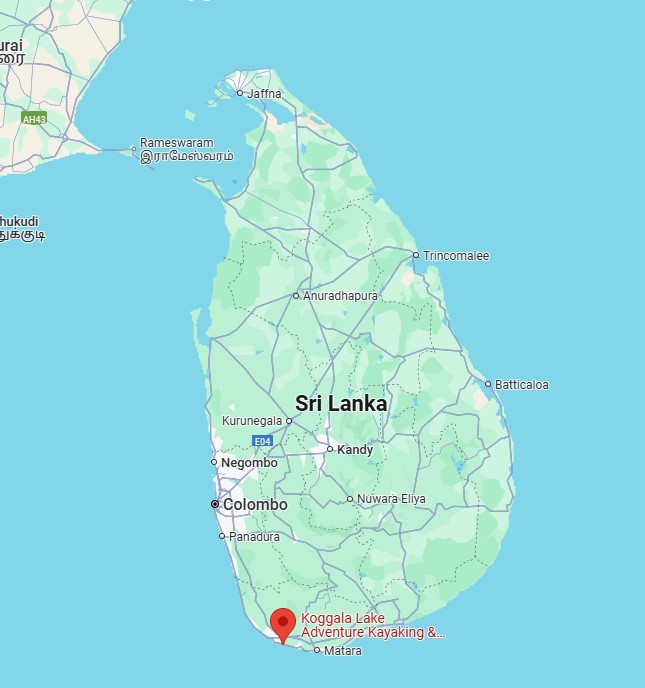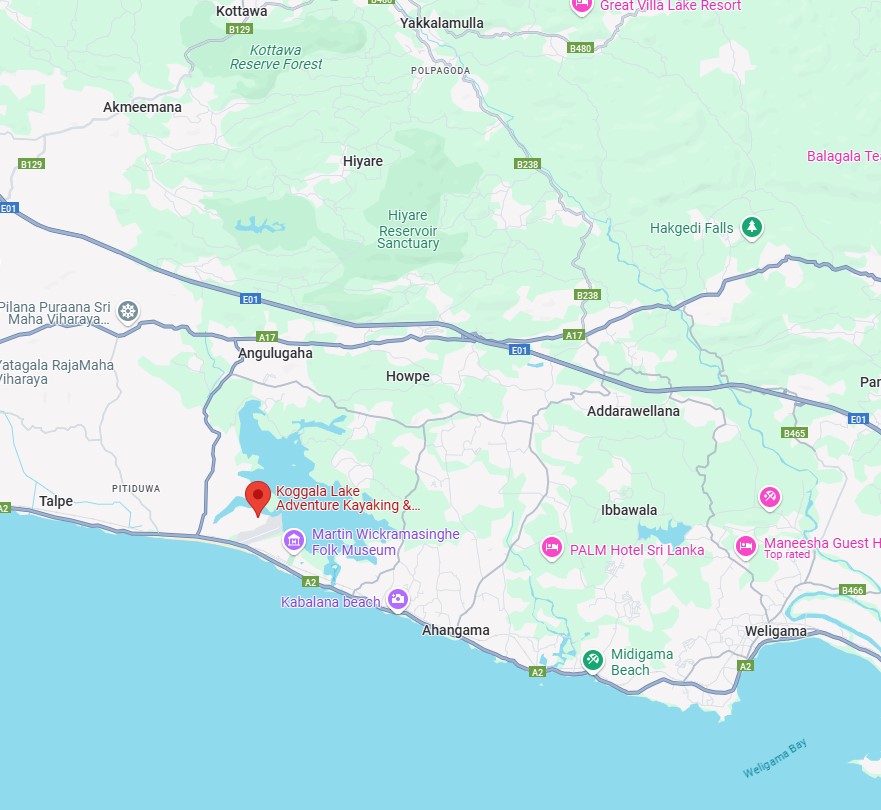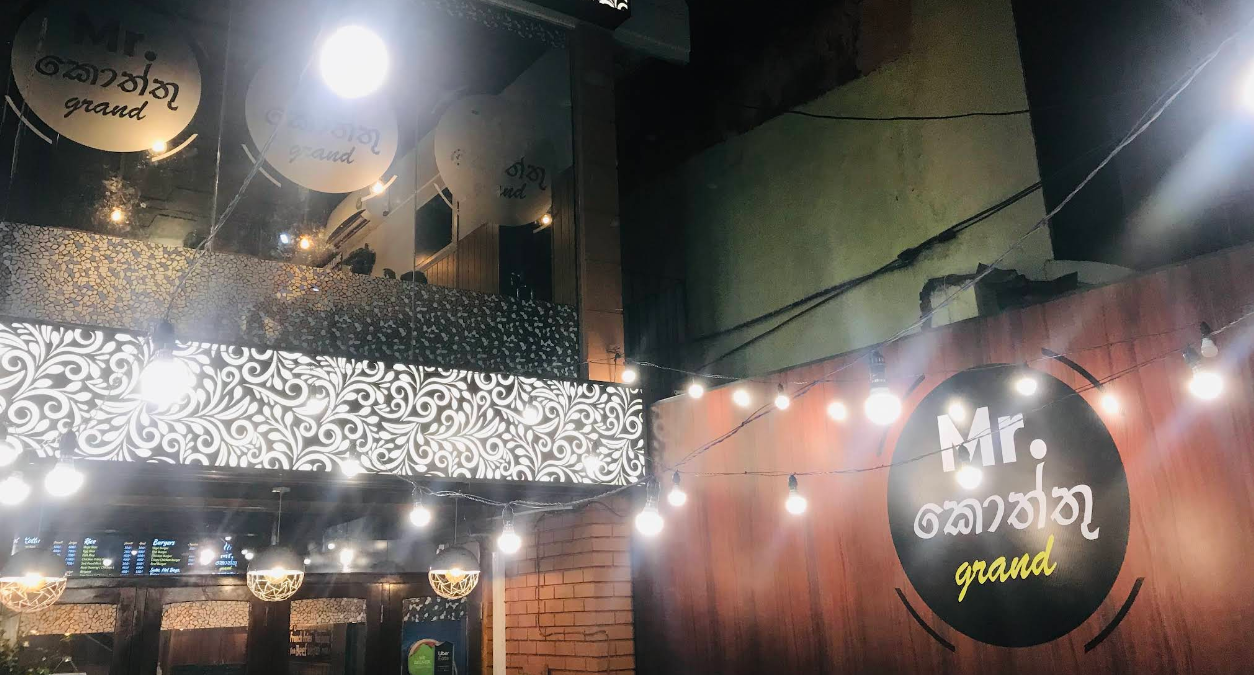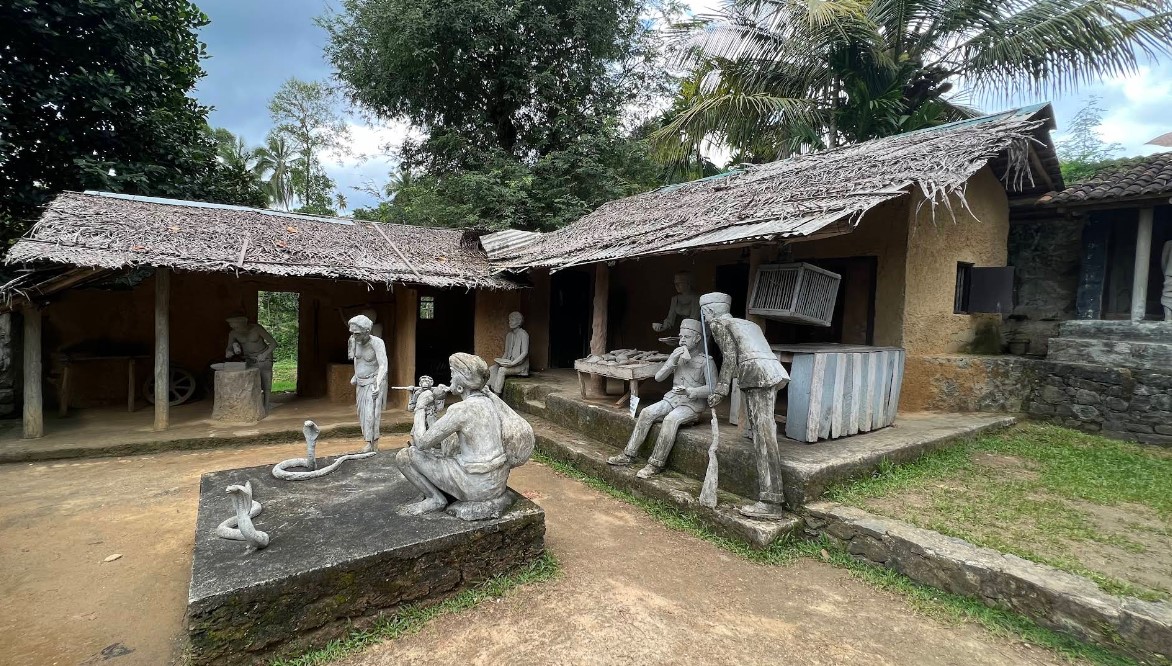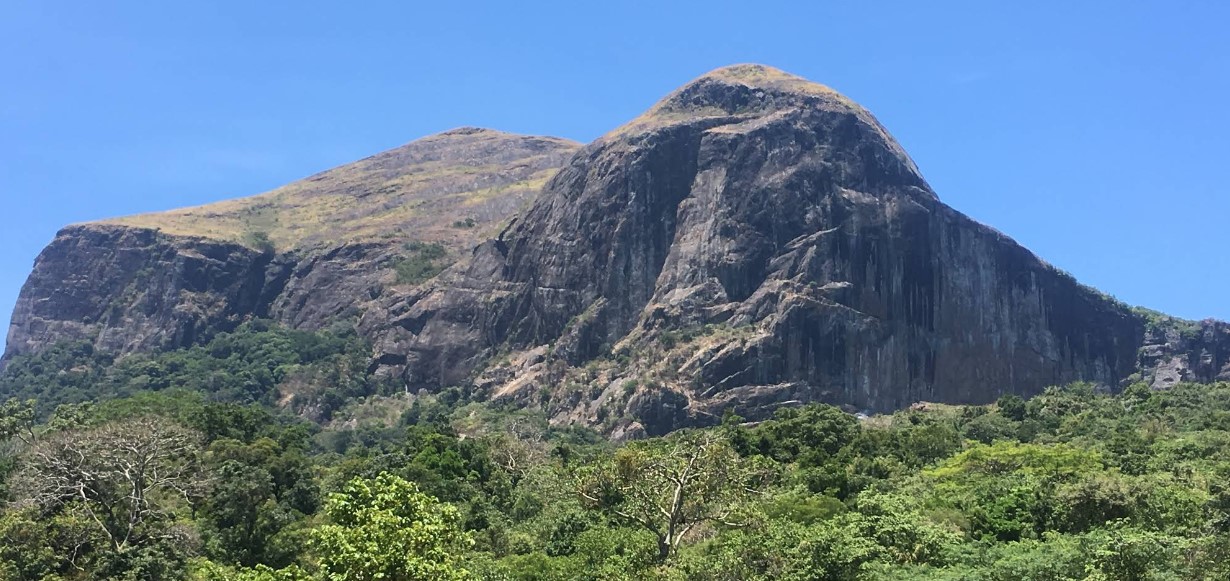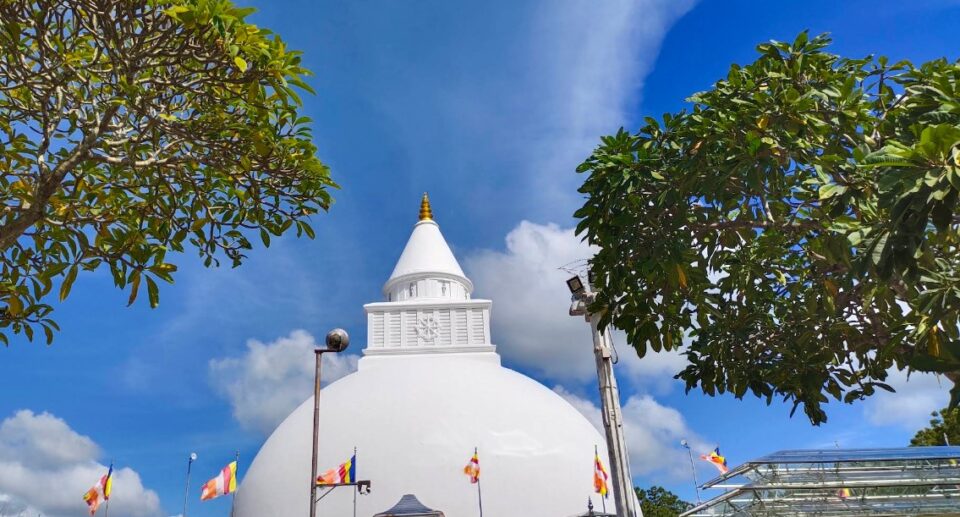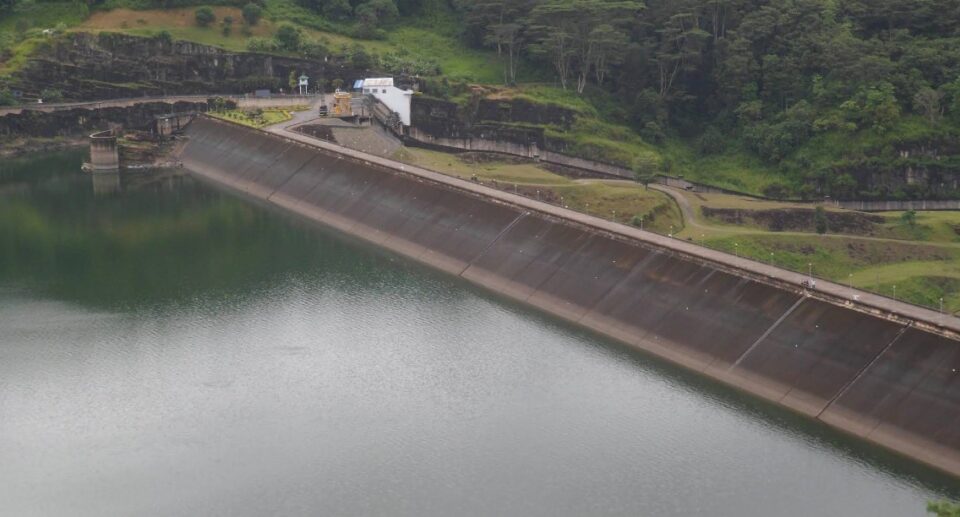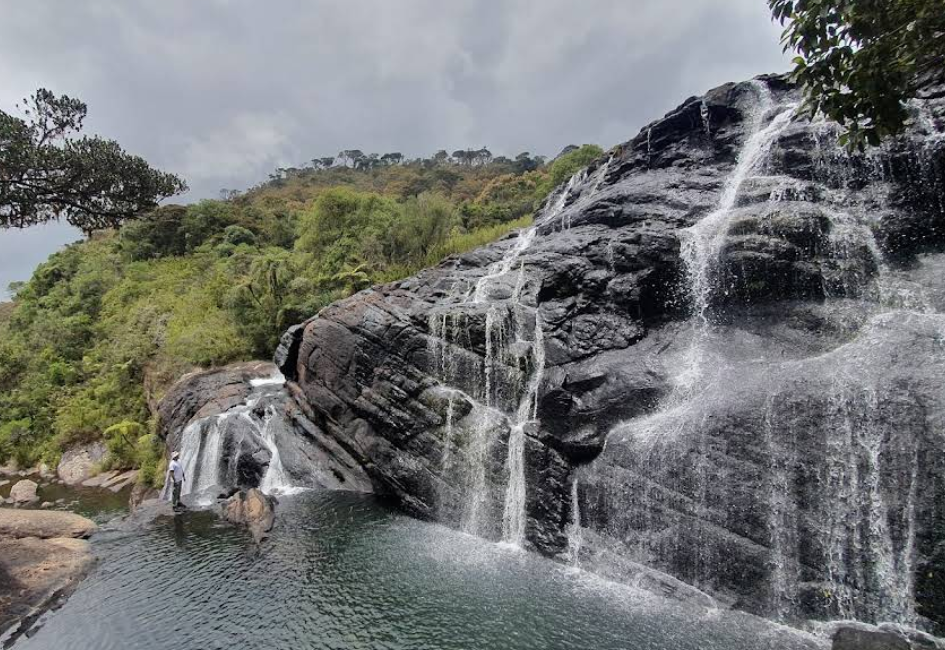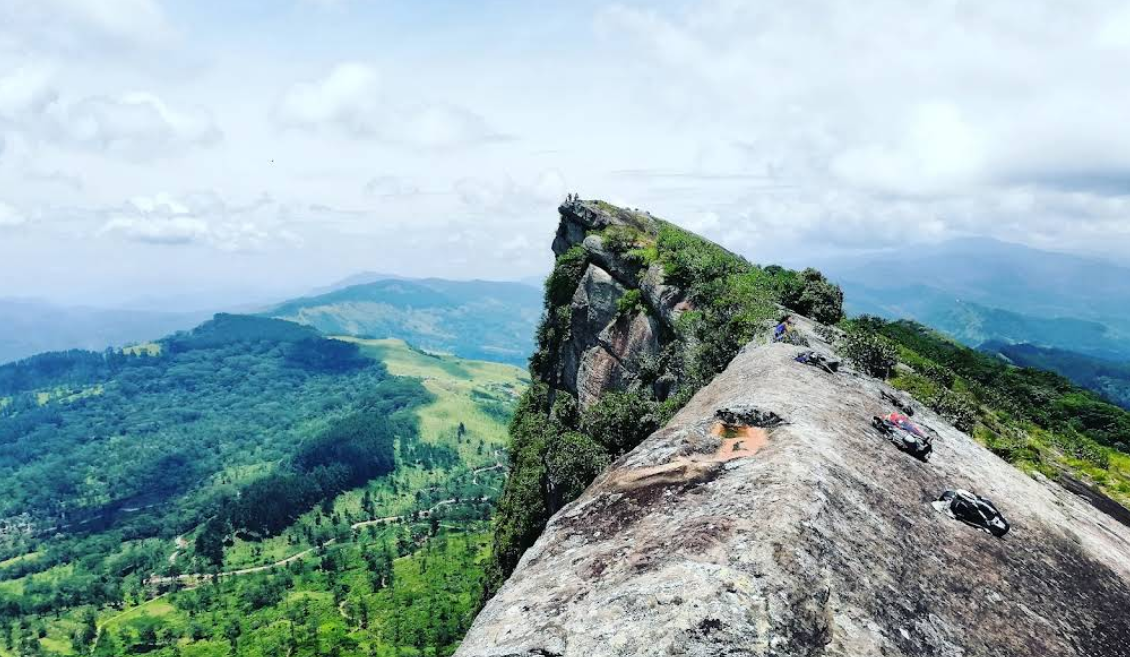Koggala Lake: A Serene Gem of Southern Sri Lanka
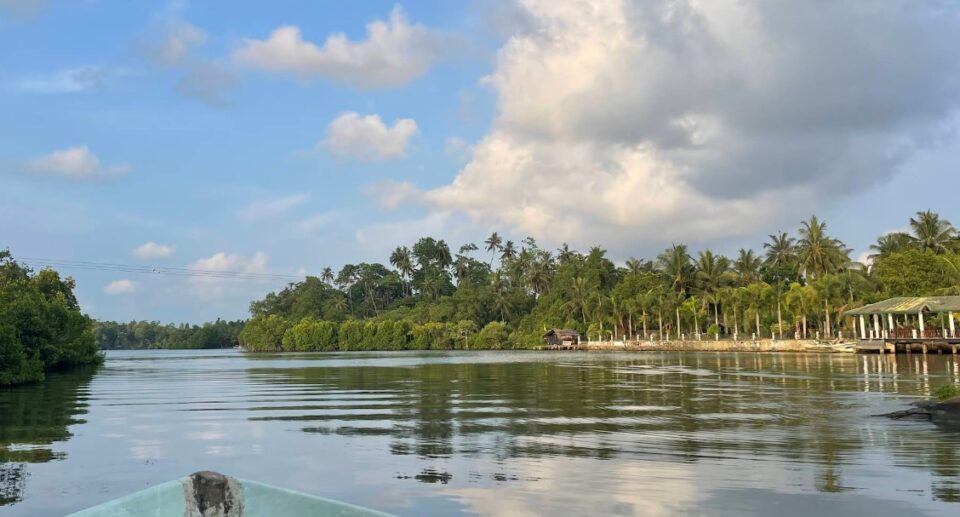
Located in southern Sri Lanka’s rolling hills not far from ancient Galle is tranquil and scenic Koggala Lake. This inland freshwater lagoon in the Southern Province’s Galle District is one of the region’s most breathtaking and biologically diverse natural attractions. Less famous than Galle fort or Unawatuna beaches, Koggala Lake is a serene oasis of biodiversity, cultural heritage, and natural beauty.
Spreading over 7 square kilometers and dotted with small islands, the lake offers a peaceful haven for nature lovers, ornithologists, and travelers seeking isolation from crowds. With its unique ecosystem, interesting cultural sites, and increasing importance as an eco-tourism destination, Koggala Lake has emerged as one of Sri Lanka’s must-visit places.
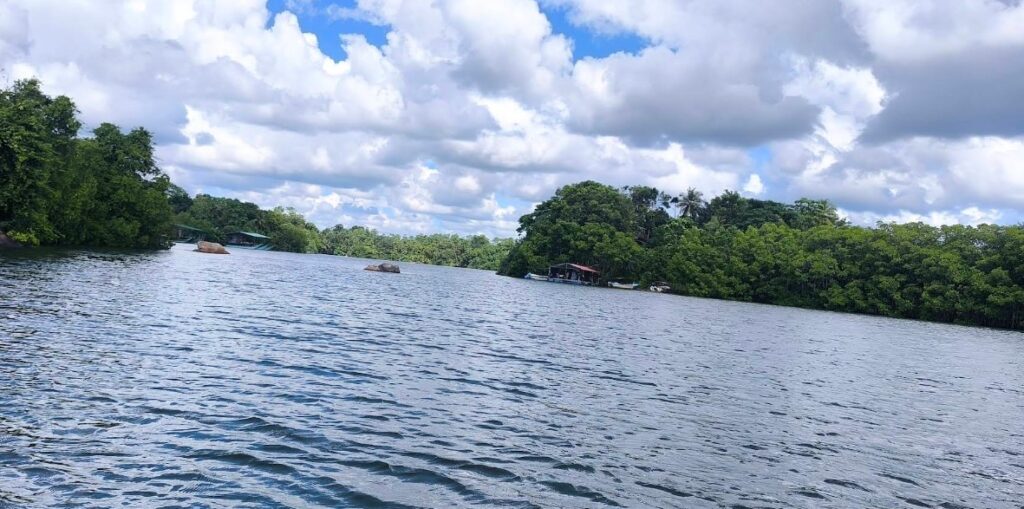
Geographical Location and Formation
Koggala Lake lies about 16 kilometers southeast of Galle, near the coastal town of Koggala. It is but land in from the southern shore and is fed by numerous smaller rivers and canals, including the Koggala River, which connects it to the Indian Ocean.
The lake was originally formed as a natural lagoon, but the form and dimension of the lake presently were radically changed with the construction of a dam along the southern boundary of the lake to prevent saltwater intrusion. Thus, the lake is presently a stable freshwater system supporting an extensive variety of aquatic organisms and ecosystems.
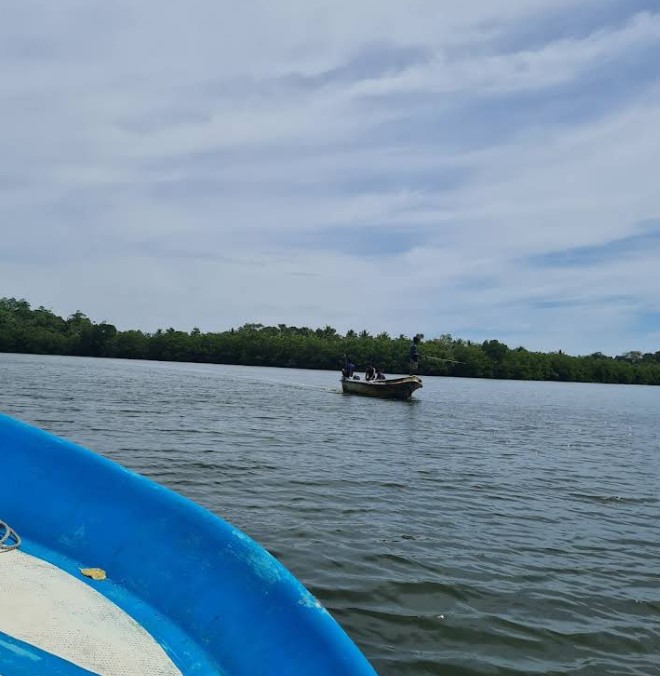
Ecological and Environmental Significance
Koggala Lake is a hotbed of biodiversity. Its freshwater ecosystem supports a varied array of flora and fauna, both terrestrial and aquatic. Mangroves line the shores, acting as key nurseries for fish and crustaceans and shelter for a variety of birdlife. The mangrove forests are not only ecologically important but also a natural defense against flooding and erosion.
The lake supports a variety of wildlife, including: Birds like kingfishers, egrets, herons, cormorants, and sea eagles. Reptiles such as water monitors, and other species of snakes. Fish and aquatic life, with freshwater shrimp, crabs, and a number of endemic species of fish. The flora surrounding the lake includes wetland vegetation and tropical forest forms, enriching the lake area as a habitat of research interest for environmentalists and conservationists.
Islands of Koggala Lake
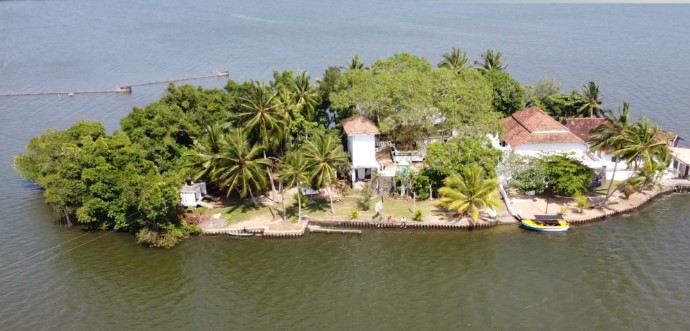
One of the most fascinating features of Koggala Lake is its collection of small islands, each with a different attraction or experience. The most fascinating islands are:
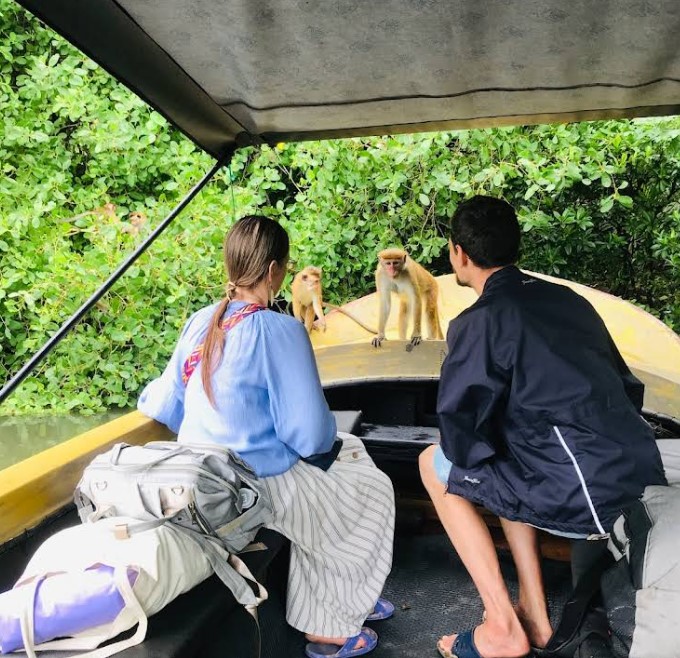
Madol Duwa (Mangrove Island)
Madol Duwa is the most well-known of the lake’s islands, largely owing to the popular Sinhala novel Madol Duwa” by Martin Wickramasinghe, a popular Sri Lankan author. The island was the fictional setting of the novel and is now a literary tourist favorite and nature enthusiast. Madol Duwa now is visited for its mangrove ecosystem, peaceful ambiance, and cultural significance.
Cinnamon Island
This island provides travelers with an insight into Sri Lanka’s traditional cinnamon production and processing. Local communities show visitors the way cinnamon is extracted, peeled, and dried. Cinnamon Island is a tourist highlight for travelers in search of authentic experiences and learning about the history and ways of the area.
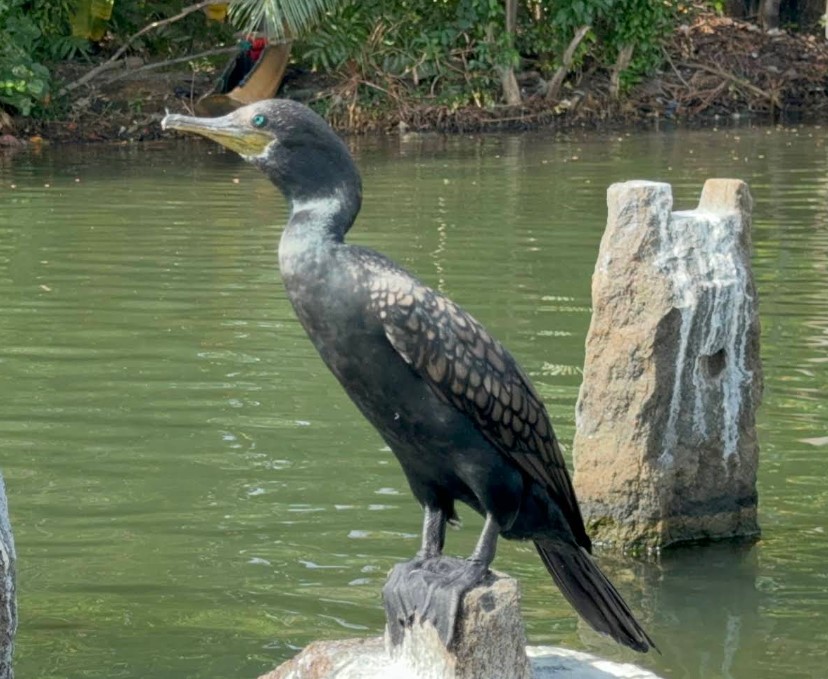
Bird Island
As the name suggests, Bird Island is a feeding and breeding ground for several migratory and endemic bird species. Boat rides around this island in early morning or late afternoon are excellent for bird-watching.
Temple Island
There is a small Buddhist temple on this island, offering a serene place of worship and meditation. It represents Sri Lanka’s deep connection between nature and spirituality.
Cultural and Historical Importance
Koggala Lake is not only a natural wonder but also a historically and culturally important site. The town of Koggala, in near proximity, is the birthplace of Martin Wickramasinghe, a great literary voice of Sri Lanka. His childhood residence has been transformed into the Martin Wickramasinghe Folk Museum, which provides insights into the rural lifestyle of southern Sri Lanka, including fishing, agriculture, and folk art.
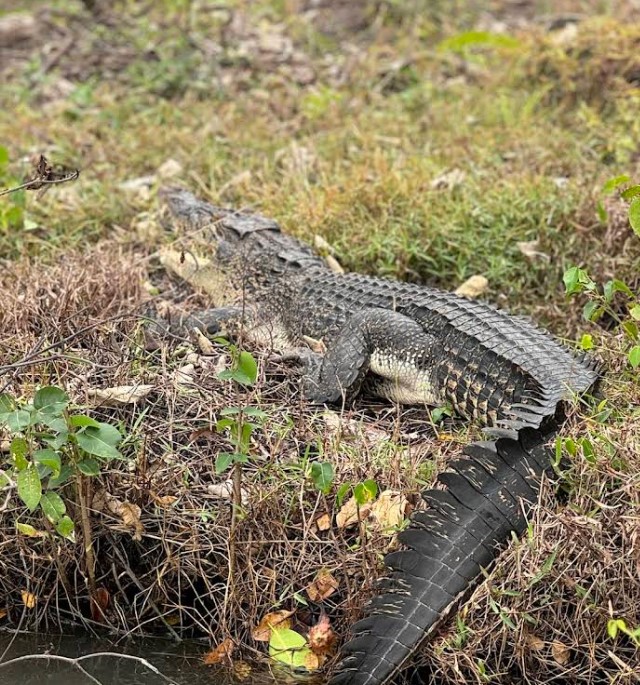
In addition, the lake has supported rural communities for centuries with canoe transport, cinnamon plantations, coir, and fishing. Net catamaran and stilt fishing are carried out even today, providing natural attractiveness a cultural dimension.
Tourism and Activities
Over the past decades, Koggala Lake has become increasingly popular for eco-tourism and sustainable travel. The following activities have been provided to tourists:
Boat Safaris
The most popular activity at Koggala Lake is boat tours. Local guides take tourists around the islands, mangrove tunnels, and to fishing villages. Walks on the island typically include a visit to Cinnamon Island, Madol Duwa, and the temple island.
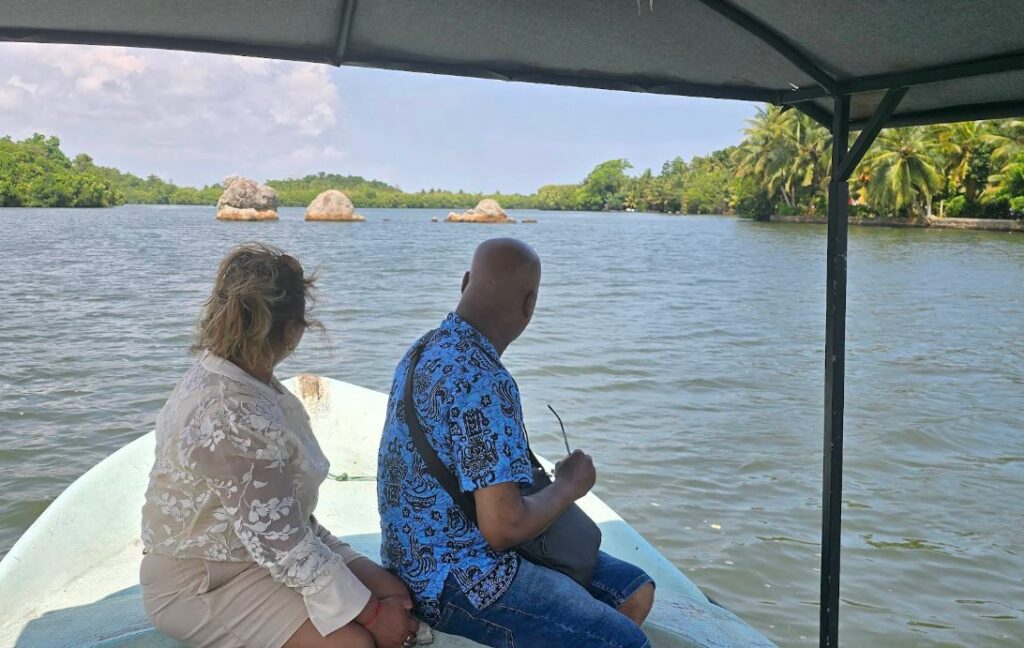
Kayaking
For adventure-seekers, kayaking through Koggala Lake is a serene, eco-friendly way of discovering all its nooks and crannies. Paddling through the quiet waters between mangroves and birds is soothing and interesting.
Bird Watching
The lake, with its bountiful birdlife, is a paradise for amateur and expert bird watch enthusiasts. Early morning and late afternoon are the optimal times to witness a large combination of species.
Yoga and Meditation Retreats
Various eco-resorts and wellness centers along the lake offer yoga and meditation retreats, taking advantage of the serene and spirituality-augmenting environment.
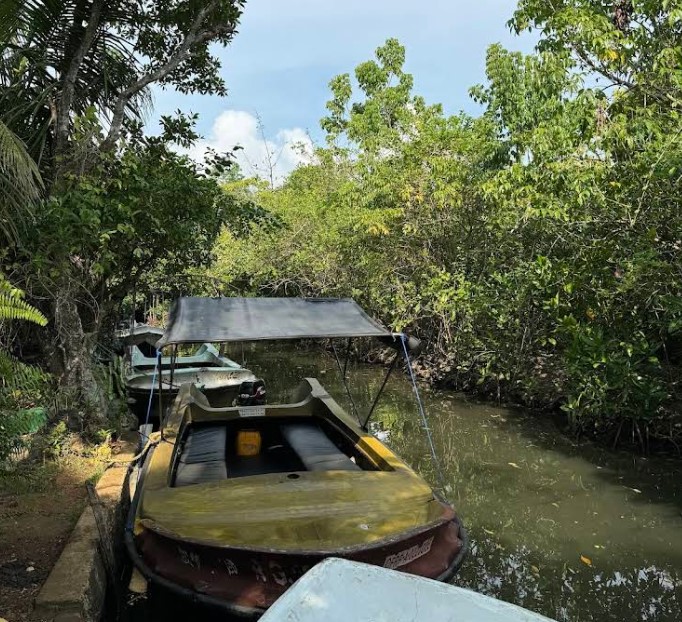
Sustainability and Conservation
While tourism grows, so do its effects on the environment of Koggala Lake. But efforts are being made towards sustainable tourism that maintains the harmony of the lake’s ecology. Local operators and NGOs are actively engaging in:
Educating tourists on environmental footprint. Promoting community-based tourism., Preserve mangrove ecosystems.Reduce boat and human pollution.Local people’s involvement allows this, so tourism will not harm the environment. Tourism will also help local residents who live near the lake.
Getting There
Koggala Lake is easy to reach: From Galle: About 30 minutes by car or tuk-tuk.
From Colombo: About 2.5–3 hours via Southern Expressway.
By Train: Colombo to Matara coastal railway line also has a stop at Koggala Railway Station, which is nearby the lake.
